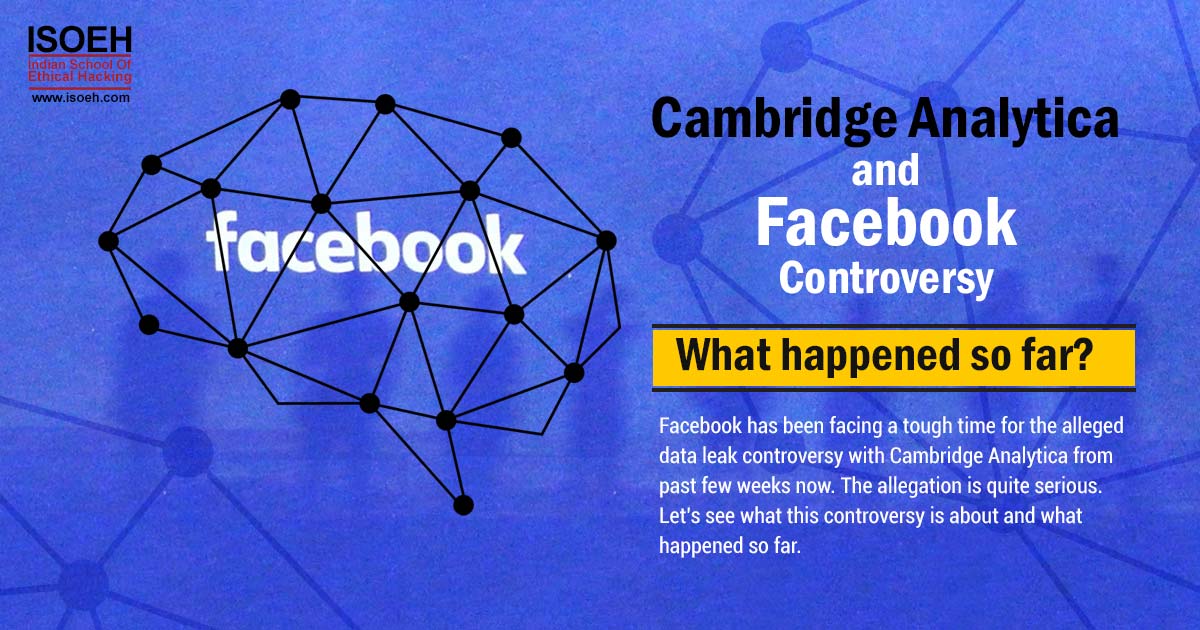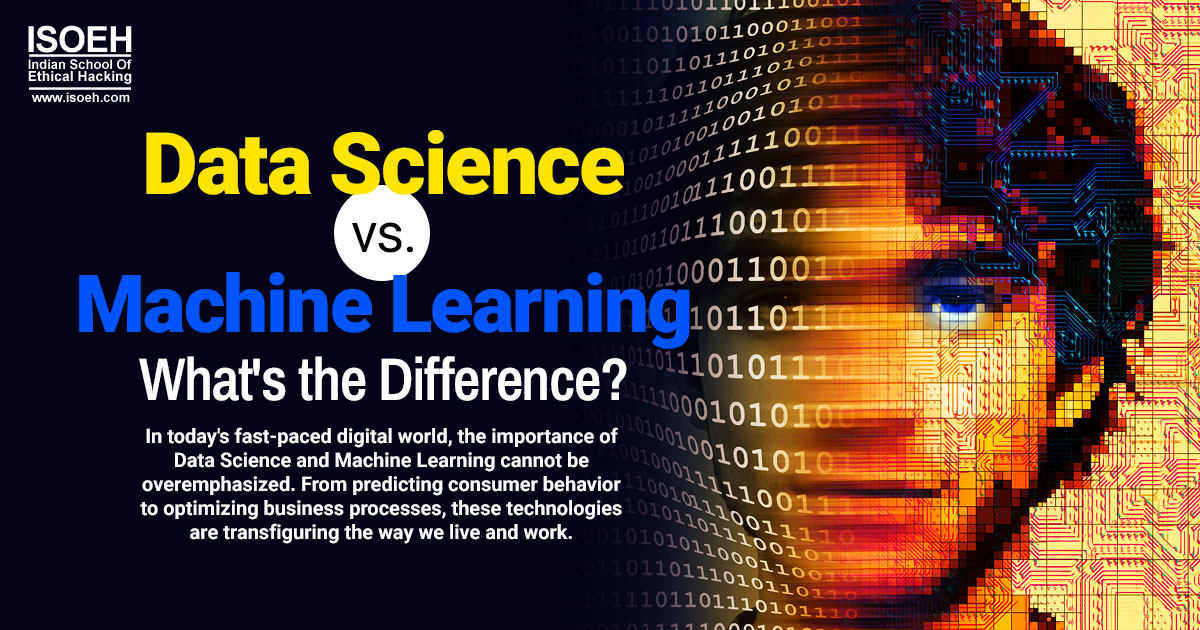
Contents
- Introduction
- The ABCs of Data Science and Machine Learning
- How Data Science is Changing the Game in 2023?
- How Machine Learning is Driving Innovation from Hospital to Corporate and Across Industries?
- From Data to Decisions - How Machine Learning Relies on Data Science?
- Riding The Wave in The Age of Automation
- The Fine Line of Their Distinction beyond The Hype
- Conclusion
Introduction
If you want to stay ahead of the curve and harness the power of data, then Data Science is the field for you whereas if you're looking to have a crystal ball that revolutionizes the way we interact with technology by predicting the future, then Machine Learning is the field for you.
In this blog, we are going to compare the difference between the two core zones. But before that let’s understand what are Data Science and Machine Learning.
The ABCs of Data Science and Machine Learning
From raw data to big insights, the magic of Data Science is the modern-day superpower that enables us to make sense of the vast amounts of data generated by our world. It's a cutting-edge field with powerful algorithms that blends mathematics, statistics, and computer science to unlock hidden patterns and insights that would otherwise remain buried.
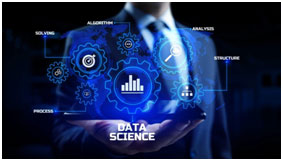 From predicting the stock market to analyzing customer behavior, Data Science has revolutionized the way we understand and interact with data. Data Science is changing the way businesses operate, governments make decisions, and researchers uncover new insights. Whether you're a data enthusiast, a business owner, or just curious about the world around you, Data Science has something to offer.
From predicting the stock market to analyzing customer behavior, Data Science has revolutionized the way we understand and interact with data. Data Science is changing the way businesses operate, governments make decisions, and researchers uncover new insights. Whether you're a data enthusiast, a business owner, or just curious about the world around you, Data Science has something to offer.
On other hand, the harsh truth of Machine Learning is like having a super-smart assistant who can learn from your data without being explicitly programmed to do so, spot patterns you never could within a fraction of a second, and make predictions that leave mere humans scratching their heads.
 It's such a technology that's changing the game across industries, and it's revolutionizing the way we make decisions, automate tasks, and unleashing the power of big data. With machine learning, we can teach computers to learn and adapt to new situations. From self-driving cars to personalized recommendations, it is powering some of the most innovative technologies of our time. Machine Learning’s possibilities are endless, and the future is brighter than ever before. This is how Machine Learning sets itself apart from everything else.
It's such a technology that's changing the game across industries, and it's revolutionizing the way we make decisions, automate tasks, and unleashing the power of big data. With machine learning, we can teach computers to learn and adapt to new situations. From self-driving cars to personalized recommendations, it is powering some of the most innovative technologies of our time. Machine Learning’s possibilities are endless, and the future is brighter than ever before. This is how Machine Learning sets itself apart from everything else.
How Data Science is Changing the Game in 2023?
Knowing about the Top 9 Use Cases of Data Science will blow your mind:
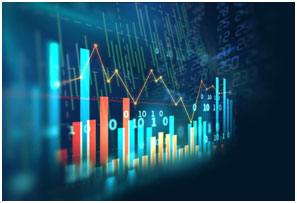 Personalized Marketing: Data Science can help businesses analyze consumer data to create personalized marketing strategies. By understanding customer preferences, shopping habits, and demographics, companies can offer tailored products, promotions, and experiences that improve customer satisfaction and loyalty.
Personalized Marketing: Data Science can help businesses analyze consumer data to create personalized marketing strategies. By understanding customer preferences, shopping habits, and demographics, companies can offer tailored products, promotions, and experiences that improve customer satisfaction and loyalty.- Predictive Maintenance: Data Science techniques can be used to predict when equipment or machinery is likely to fail, allowing companies to perform preventative maintenance and minimize downtime. This can save businesses significant amounts of money by reducing repair costs and lost productivity.
- Fraud Detection: Data Science can help detect fraudulent activity, such as credit card fraud, by analyzing large amounts of data and identifying patterns and anomalies. This can help prevent financial losses and protect customers' personal information.
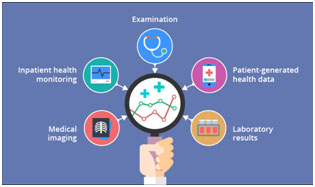 Healthcare Analytics: Data Science can help healthcare providers improve patient outcomes by analyzing data from electronic health records and medical devices. By identifying patterns and trends, healthcare professionals can develop personalized treatment plans that are more effective and efficient.
Healthcare Analytics: Data Science can help healthcare providers improve patient outcomes by analyzing data from electronic health records and medical devices. By identifying patterns and trends, healthcare professionals can develop personalized treatment plans that are more effective and efficient.- Recommendation Systems: Recommendation systems are a common application of Data Science in e-commerce, media, and entertainment industries. By analyzing user behavior and preferences, businesses can provide personalized recommendations that improve the user experience and increase sales.
- Supply Chain Optimization: Data Science can be used to optimize supply chain operations by analyzing data on inventory levels, production schedules, and shipping logistics. This can help businesses reduce costs, improve efficiency, and ensure the timely delivery of goods.
- Natural Language Processing: Natural language processing (NLP) is a subset of Data Science that focuses on understanding and processing human language. NLP is used in a wide range of applications, including chatbots, virtual assistants, and sentiment analysis.
 Image and Video Recognition: Data Science techniques can be used to analyze images and videos, enabling applications such as facial recognition, object detection, and video surveillance. These applications are used in the security, retail, and entertainment industries.
Image and Video Recognition: Data Science techniques can be used to analyze images and videos, enabling applications such as facial recognition, object detection, and video surveillance. These applications are used in the security, retail, and entertainment industries.- Climate Change Modeling: Data Science technology can be used to model and predict the effects of climate change, allowing policymakers to develop more effective strategies for mitigating its impact. This can include predicting sea-level rise, analyzing changes in weather patterns, and identifying areas at risk of natural disasters.
How Machine Learning is Driving Innovation from Hospital to Corporate and Across Industries?
Top 9 Use Cases of Machine Learning - ML enthusiasts must learn!
I am pretty sure beginners will want to dig into it now like archaeologists and get to the core.
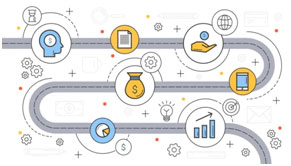 Customized Recommendations: From Netflix to Amazon, Machine Learning algorithms are powering personalized recommendations, making sure you never run out of binge-worthy shows or products to buy.
Customized Recommendations: From Netflix to Amazon, Machine Learning algorithms are powering personalized recommendations, making sure you never run out of binge-worthy shows or products to buy.- Fraud Detection: Banks and financial institutions are using Machine Learning to detect fraudulent activities, keeping your money safe and secure.
- Autonomous Vehicles: The future is here, with self-driving cars utilizing Machine Learning to make real-time decisions, helping to reduce accidents and traffic congestion.
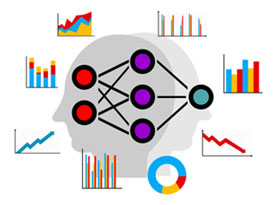 Predictive Maintenance: Machine Learning is being used to predict when equipment is likely to fail, helping companies reduce downtime and save money on maintenance costs.
Predictive Maintenance: Machine Learning is being used to predict when equipment is likely to fail, helping companies reduce downtime and save money on maintenance costs.- Healthcare Diagnostics: Machine Learning algorithms are being used to analyze medical images, helping doctors diagnose diseases and illnesses earlier and more accurately.
- Natural Language Processing: From chatbots to virtual assistants, Machine Learning is powering the ability of machines to understand and respond to human language.
- Predictive Analytics: Machine Learning algorithms are being used to analyze large amounts of data, providing businesses with insights and predictions that help them make better decisions.
- Energy Optimization: Machine Learning is being used to optimize energy usage, reducing waste and helping to create a more sustainable future.
- Image and Speech Recognition: ML technology is making it possible for computers to recognize and identify images and speech, enabling technologies such as facial recognition and voice assistants.
From Data to Decisions - How Machine Learning Relies on Data Science?
You may have thought several times whether these core subjects are dependent on each other! Find your transparent answer here.
 Machine Learning and Data Science are highly interdependent fields. Machine learning is a subfield of Artificial Intelligence that involves the development of algorithms and statistical models that enable computer systems to learn from and make predictions or decisions based on data.
Machine Learning and Data Science are highly interdependent fields. Machine learning is a subfield of Artificial Intelligence that involves the development of algorithms and statistical models that enable computer systems to learn from and make predictions or decisions based on data.
On the other hand, Data Science involves the use of analytical and statistical methods to extract insights and knowledge from large, complex datasets.
To develop effective Machine Learning models, data scientists must first collect, clean, pre-process, and analyze data to identify patterns and relationships. This involves a range of data manipulation techniques, statistical methods, and data visualization tools. Data scientists also use Machine Learning algorithms to create predictive models that can be used to identify patterns in data and make predictions about future events or outcomes.
Riding The Wave in The Age of Automation
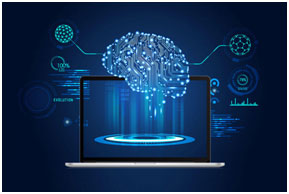
Those who are aware of their career along with their studies, also research its innovative job field to secure their future.
With the increasing amount of data generated every day, there is a need for individuals who can collect, analyze, and interpret data to solve complex problems in a variety of industries. Data scientists are in high demand in industries such as finance, healthcare, retail, and technology.
 Data Science and ML job outlooks are very interesting. With your Data Science and ML skillset, you can open up a wide range of possibilities. You will get potential job roles like Data Scientist, Data Analyst, Business Analyst, ML Engineer, Data Visualization Specialist, Data Engineer, AI researcher, and Software Engineer.
Data Science and ML job outlooks are very interesting. With your Data Science and ML skillset, you can open up a wide range of possibilities. You will get potential job roles like Data Scientist, Data Analyst, Business Analyst, ML Engineer, Data Visualization Specialist, Data Engineer, AI researcher, and Software Engineer.
According to Glassdoor, the national average salary for a data scientist in India is ₹9,00,000 per year, and outside India is $113,309 per year. According to the US Bureau of Labor Statistics, employment of computer and information research scientists, which includes data scientists, is projected to grow 15 percent from 2022 to 2032, much faster than the average for all occupations.
Can you imagine 5+ years of experience ML Engineer earning Rs. 20-30Lakhs per annum and outside India, it is an average salary of around $150,000-$200,000 per annum!
The Fine Line of Their Distinction Beyond The Hype
 Though Data Science and Machine Learning are mutually dependent, still they have a few differences. What’s that?
Though Data Science and Machine Learning are mutually dependent, still they have a few differences. What’s that?
Data Science is a broader field that encompasses all aspects of data analysis, including Machine Learning whereas Machine Learning is a specific technique that uses statistical models and algorithms to enable machines to learn from data and make predictions or decisions based on that learning.
The primary goal of Data Science is data collection, data cleaning, data analysis, and visualization, among others, to gain a better understanding of complex phenomena whereas the primary goal of Machine Learning is to develop algorithms that can learn patterns and relationships from data and use them to make predictions or decisions.
Conclusion:
In today's fast-paced digital world, the importance of Data Science and Machine Learning cannot be overemphasized. From predicting consumer behavior to optimizing business processes, these technologies are transfiguring the way we live and work. As businesses continue to gear up the power of data, there is a growing need for skilled professionals who can analyze, cultivate and interpret this information. Have a great career!
Hacking Tools
Explore All Hacking Tools »
UFTP is an encrypted multicast file transfer program for secure, reliable & efficient transfer of files. It also helps in data distribution over a satellite link.
Read DetailsBreaking News
Breaking News Of Each Month »
The recent pandemic was unexpected and unknown to most part of the world. It has changed our life and we are slowly adapting to our new lifestyle. The risks associated with the new lifestyle, both personal & corporate, are unknown to most of us.
Read Details










